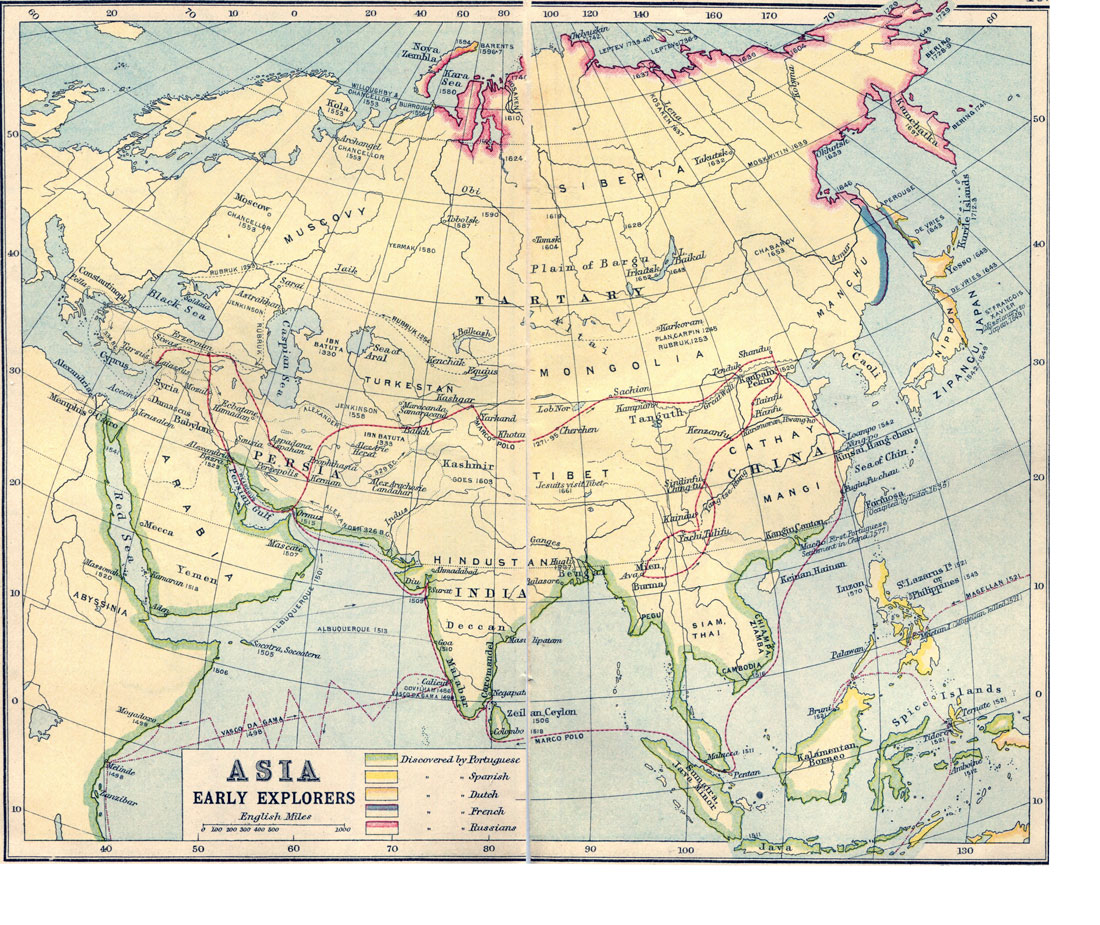Xi Jinping is once again shaking up China’s armed forces, which suggests that at least in the near term there will be a greater degree of caution in dealing with international affairs. No one wants to fight with an untested order of battle.
The PLA Strategic Support Force (SSF) was established in 2015 with responsibility for intelligence support, technical surveillance, electromagnetic warfare, cyberwarfare, and psychological warfare. Sub unites included the Network Systems Department and Space Systems Department, which ran the Astronauts Corps.
Effective April 19, 2024, the new Information Support Force (ISF) takes over. It is led by Lt General Bi Yi; General Li Wei is the Political Commissar. General Li was SSF Political Commissar, and Lt General Bi was SSF Deputy Commander.
The ISF will operate at the same organization level – reporting directly to the Military Affairs Commission – as the space, cyberspace, and joint logistics support forces. China had not previously acknowledged the existence of the Space Force or Cyberspace Force.
Purge and Revamp
SSF Commander General Ju Qiansheng was purged in July 2023 after two years on the job. He was joined in political purgatory by former National Defense Minister Li Shangfu, Air Force Commander Ding Laihang, Rocket Force Commander Zhou Yaning, and several other senior officers and corporate executives. Among those was Space Systems Department Deputy Commander Shang Hong, who was dropped as a delegate to the 20th National Party Congress without explanation. Shang had been Chief-of-Staff of the General Armaments Department under Li Shangfu.
Among those who appear to have survived (thus far) are Lt General Yang Xiaoxiang (SSF Deputy Political Commissar and Discipline Inspection Commission Secretary), Lt General Ding Xingnong (SSF General Political Department Director and a former Rocket Force Deputy Political Commissar), Space Systems Department Commander General Hao Weizhong, and Lt General Chen Hui, Commander of the Network Systems Department.
